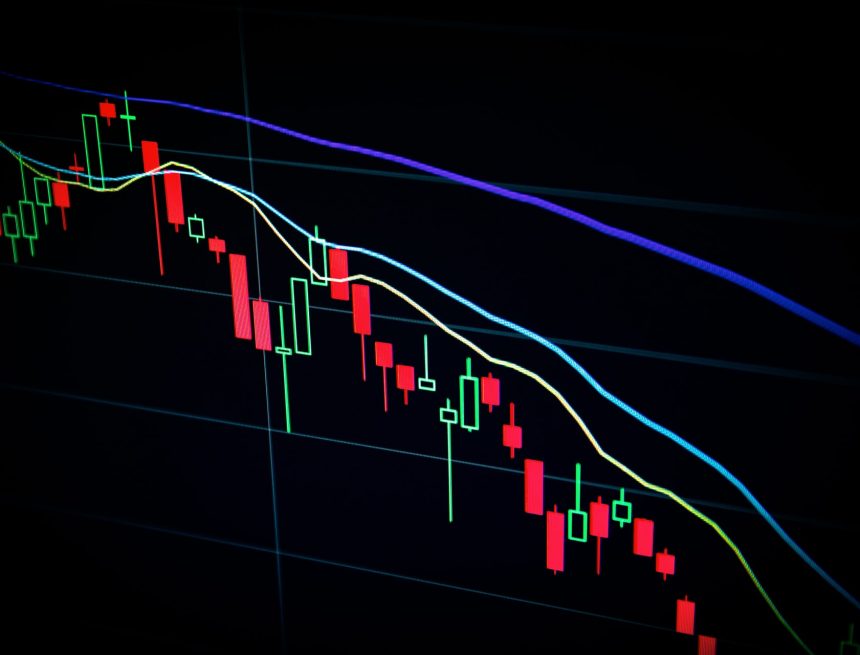Table of Contents
What are the CFDs?
The term “CFD” stands for “contract for difference” and refers to a legal agreement between a buyer and a seller. The fundamental idea behind the contract is that the seller will give the buyer the positive, significant difference between a financial instrument’s opening and closing values, while the buyer will give the seller the negative difference. The contract also specifies when this difference will be calculated.
CFD Examples
It’s difficult to comprehend what CFD is just by its definition, so it’s simpler to provide an example. Consider a trader who purchased a single micro Dow Jones CFD at 10400 pip and then sold it for 10700 pip. Consequently, there was a 300 point discrepancy between the index’s opening and close. With one contract costing $5, the trader’s profit was 5*300, or $1500. The trader would have lost $1,500 if the index had dropped by 300 points instead of rising.
At first look, it could appear that trading CFDs is not all that different from trading regular currency pairs. Additionally, although though CFD is a method of trading the underlying asset, the underlying asset itself is not a part of the trading process. This is what allows a trader not to work in the financial instrument market, but to get the same financial result.
The CFD essence
English brokers created CFDs because they wanted to encourage their customers to trade stocks without having to pay a specific tax. Dealing with CFDs was not legally the same as dealing with shares, and it was not taxable. Then CFD turned into the perfect instrument for people who, for instance, lacked the necessary cash to enter the market, but still wanted to trade.
CFD Benefits
CFDs’ primary benefit is the lower capital requirement for trading. This decrease is brought about by the elimination of the need to pay tax and commission for the provision of commodities, registration in the shareholder register, as well as other fees associated with trading shares. Additionally, leverage is permitted in CFD trading. You can greatly boost your starting capital by trading with financial leverage, but this type of trading is very risky.
CFD Hedging
There are several financial instruments, and their movements are very connected. Hedging activities have grown frequent on this property. CFDs are both buy and sell contracts, thus they can be used for hedging as well. Frequently, traders simply utilize locks and hedges to protect their investment in the event of a bad market prediction.
Hedging, however, can also be employed for financial gain. You can start a long position on one financial instrument and a short one on another if the movement of the two is quite comparable. Profit will be provided by the variance in these instruments’ paths or a profitable swap.
Currency pairs like EUR/USD and USD/CHF, for instance, show a high association. Since both pairings are interdependent and a rise in EUR/USD, for example, will result in a decline in USD/CHF, opening a buy position simultaneously on these two instruments greatly reduces the risk of losing some of the deposit. Profit will result because one of these couples’ “swing” is greater than the other.
CFD Hedging – Advantages
I was happy to learn that the majority of trading facilities that offer CFD trading let you manage these contracts using the same terminal as you would for Forex. This is highly practical because learning a new application is a waste of time, but working on a platform you are comfortable with is more enjoyable and effective.
For instance, since I operate mostly on the MetaTrader terminal, I frequently make technical errors that have a detrimental impact on trading when I use other platforms. Additionally, a broad selection of CFD trading marketplaces enable you to trade a variety of equities as well as currencies.
CFD Hedging – Disadvantages
The huge spreads on CFDs were the biggest drawback I observed with practically all trading centers. Therefore, it is often not possible to use CFDs with techniques that depend on minute price changes. Of course, the spread raises the loss and decreases the profit. You are consequently faced with big spreads as a result of avoiding the commission that is paid when trading shares. Investors cannot also be CFD traders.
Read Also: CROSS TRADING
Conclusion
In conclusion, we can state that not all traders find CFD trading convenient. Of course, using CFDs is almost ideal if you have little capital and want to work with stocks. Trading CFD contracts is useless, nevertheless, if there are no issues with money. Futures and options are ideal for traders with a sizable investment.
Every trader must consider the advantages and disadvantages before selecting a CFD. CFDs offer a great substitute for various sorts of trading if the high spread, the risky leverage, and a few other factors pan out. It is preferable to switch out CFDs for other financial instruments when working on the exchange is directly feasible and the deposit permits usage of the underlying asset.
The presence of profit, regardless of the type of financial instrument used to generate it, is, of course, the most important factor in traders’ activity. I want it for you!
















+ There are no comments
Add yours